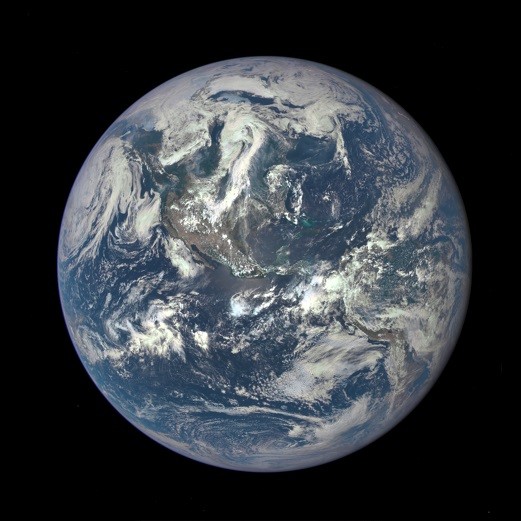Scientists are now starting to rethink how life on Earth began 300 million years earlier than previously thought after examining some ancient minerals found in molten rocks.
Researchers from the University of California, Los Angeles believe that life on Earth could have began earlier after looking into geological evidence of dark specks on rocks, resembling ancient microorganisms. This crucial evidence is now changing how scientists view the evolution of the planet after forming 4.1 billion years ago.
According to co-author of the study Mark Harrison from UCLA, finding evidence of life from 3.8 million years ago, 20 years back may seem shocking but apparently, life on Earth may have began almost immediately.
Geochemists from UCLA extracted tiny grains from a mineral known as zircon which is related to cubic zirconia that appears like fake diamonds. This ancient zircon is found inside molten rocks or magma from the Jack Hills in west of Australia.
Researchers found a "chemo-fossil" or a mix of carbon isotopes that apparently indicate signs of life. Upon dating these mineral evidence, researchers now suggest that life on Earth existed at least 4.1 billion years ago, according to this new study.
Traditionally, scientists believe that early Earth was a dry and desolate planet similar to Mars where there was not enough water that would be ideal conditions for life. However, Harrison debunks this and claims that with the right ingredients, life can come out of nowhere and rather quickly too.
He adds that early Earth is probably not a dried out planet billions of years ago but it probably looks similar to what it is today, than first thought.
Apart from this new theory, this new study is also suggesting how life already existed on Earth even before the collision of massive bodies in the solar system that eventually formed planets in the inner solar system some 3.9 billion years ago.
Zircons can be considered as heavy, solid minerals that can act as time capsules where they can store important data from the ancient beginnings of Earth. Researchers have identified 656 zircons that contain these dark specks that enabled them to analyze the molecular and chemical structures of ancient microorganisms via 3D.
Scientists discovered carbon signatures in these dark specks inside the zircon samples and determined that the minerals were dated back to 4.1 billion years old based on uranium, lead and graphite components, leading to the conclusion that life on Earth began earlier than previously thought.
This new study is published in the journal Proceedings of the National Academy of Sciences.



























